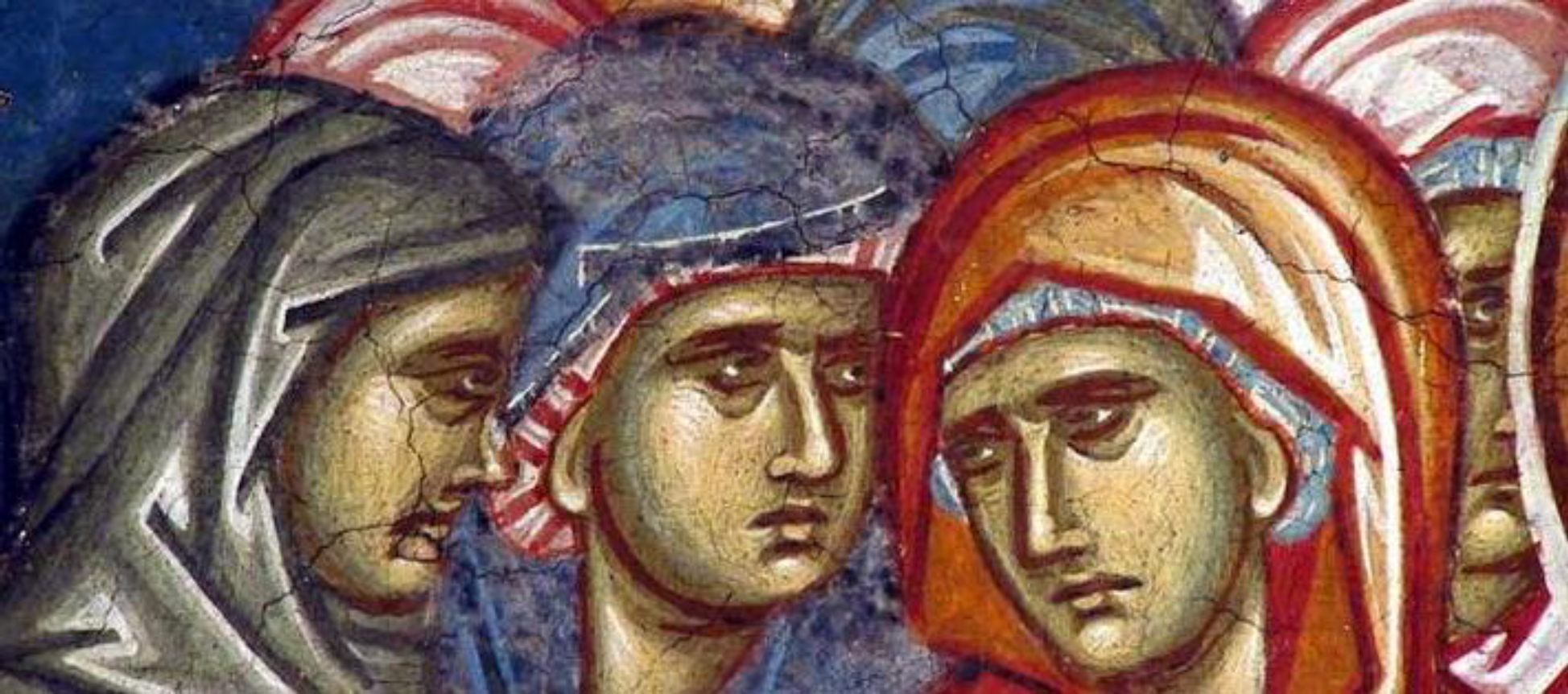Next up in John’s Gospel is Samaria and the encounter there with a woman. It has to be read in contrast to John 3 and Nicodemus. Nicodemus, a teacher in Israel with ‘the Law, the prophets and the writings’; this woman with a religion that was somewhat syncretistic and had access only to the first five books of Moses; one at the darkest hour, the other at the brightest hour; one unable to see, the other ‘seeing’ at such a level that she enabled others to see that Jesus was the ‘Saviour of the world’.
Now for some speculation as the text does not automatically push us in this direction. The discussion takes place at Jacob’s well. Jacob who became Israel, the third generation patriarch from whom the nation derived its name. The patriarch that meant for Jews that Samaritans were not ‘in’, so much so that any Jew travelling north would take the long route around Samaria so as not to enter there. Was Jesus processing at this time what would have to take place for Samaritans to be included? He understood he was sent ‘only to the lost sheep of Israel’ (Matt. 15:24). Could it be that his understanding of inclusion and how the inclusion would take place was further developed in his interchange with the woman?
Salvation is from the Jews but that salvation had nothing to do with place – this mountain nor Jerusalem. The hour was coming, indeed Jesus in this context pronounces it has already come when inclusion will be based on Spirit and truth.
Perhaps coming to a well, Jacob’s well, and having a discourse about water and marriage (as per many former stories in the Old Testament) provoked Jesus to not only push for the issue of spiritual water and spiritual thirst but to consider covenant relationship with God, a covenant that would no longer exclude non-Jews, but might indeed exclude Jews who did not worship in Spirit and truth.
The encounter was certainly key for the woman (see https://3generations.eu/posts/2021/09/a-trip-back-in-time/ for another post on this encounter)… it might also have been a provocation for Jesus. I think so.
It is interesting that the next passages have Jesus returning to Galilee (Galilee of the Gentiles, Jn. 4:43) and that he heals a ‘royal official’s’ son – was this royal official a Gentile? (The jury is out as to whether this is John’s recording of the healing of the Centurion’s servant.) He does it back in Cana, where the first miracle was done. Did Jesus return with an expanded view of inclusion, a view provoked by his discussion in Samaria?
Then immediately following this miracle comes the deliberate healing of the man by the ‘sheep gate’ on the Sabbath, that caused offence to the Jews. John’s flow from Nicodemus to Samaria on to Cana and then back to Jerusalem might just indicate that the encounter in Samaria was important for Jesus’ development.

